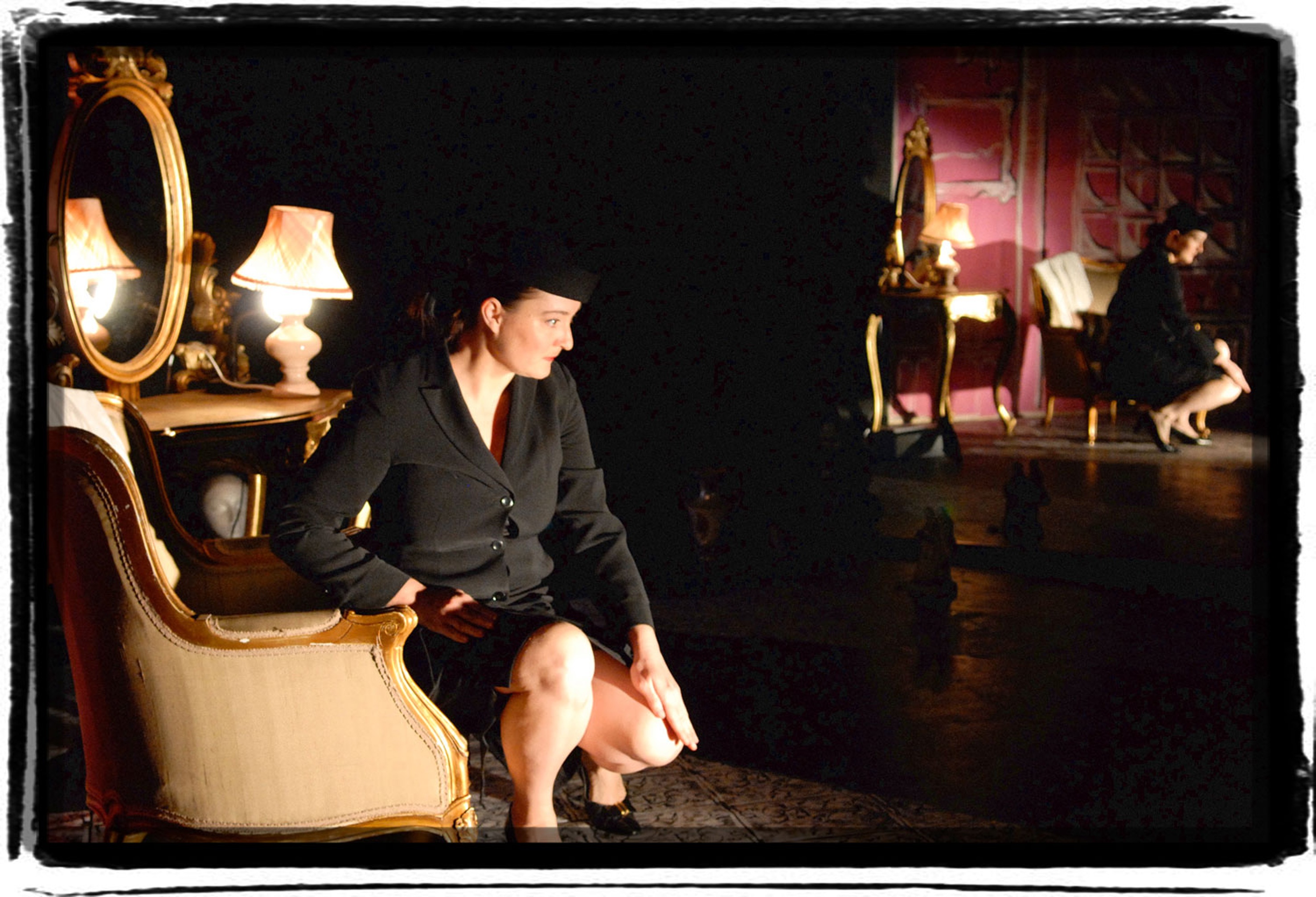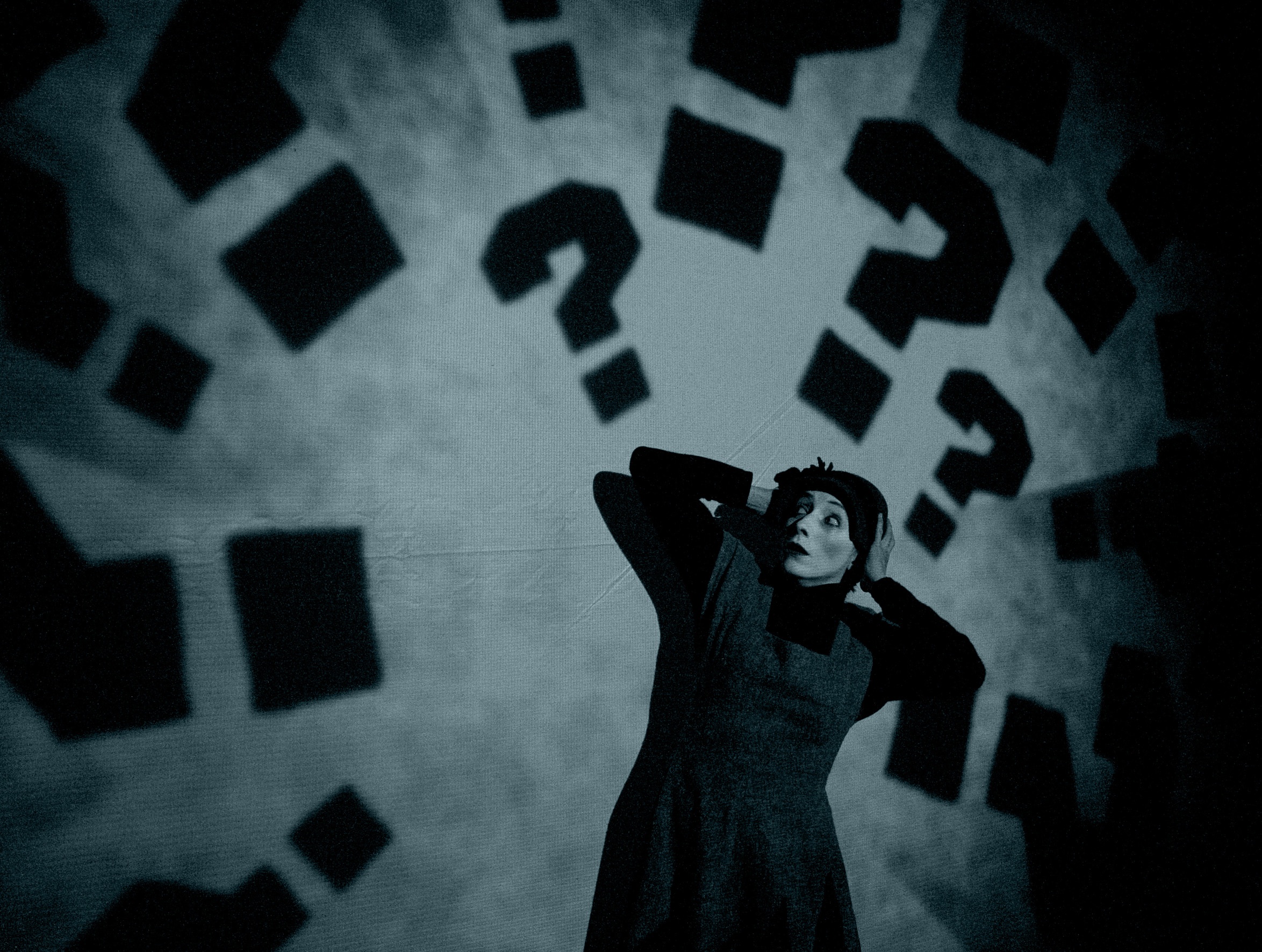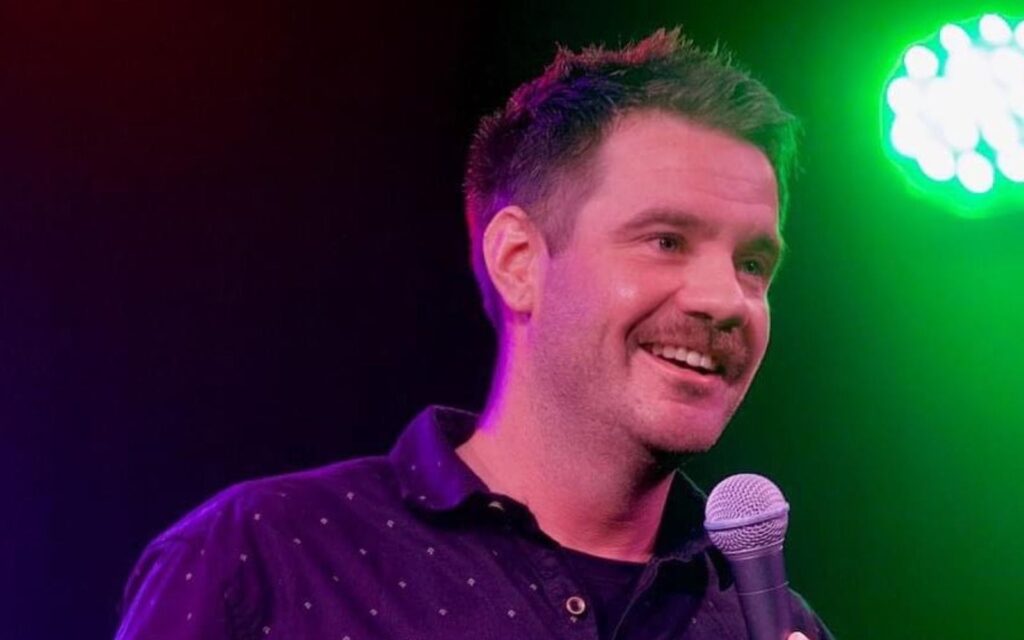Canadian academic, intellectual and writer Anne Carson began her career as a classicist, with particular interest in classical Greek texts.
Canadian academic, intellectual and writer Anne Carson began her career as a classicist, with particular interest in classical Greek texts. Carson’s interest in relating classical literature to a contemporary context led to a fascination with the concept of translation.
“Translation is a big thing in Carson’s work,” says Leisa Shelton, one-fifth of local performance collective Fragment 31. “To Carson, translation is more than a literal translation. Language has certain rules and qualities, and it’s those rules and qualities that we’re using in the performance,” Shelton says.
Shelton was approached about five years ago by Luke Mullins to assist in the adaptation of Carson’s Autobiography of Red. Shelton was unfamiliar with Carson’s work at the time; it didn’t take long, however, for Shelton to become fascinated with, and immersed in Carson’s literary output and ideas. “I read of all of her work,” Shelton says. “Because of the time on that project I got more interested in Anne Carson’s books and essays. There is no much in it that it actually becomes something of a quest.” In 2006 Shelton joined Mullins and fellow performance artists Anna Cordingley and Jethro Woodward to form the Fragment 31 collective to bring Mullins’ Autobiography of Red live performance concept to the stage. Not surprisingly, Carson’s fans are as passionate as they are relatively few in number; Shelton says the response from Carson aficionados was overwhelmingly positive. “That show went really well,” Shelton says. “It was on the back of that that we consolidated our partnership. You don’t see shelves and shelves of Anne Carson’s work, but the contingent of Anne Carson readers are very positive. And with Autobiography of Red we had a lot of people come along, and they really liked what we were doing,” she says.
With the addition of Jen Hector to the collective in 2009, Fragment 31 set about developing a second adaptation of Carson’s work. This time around the inspiration came from the essay ‘Irony Is Not Enough: Essay On My Life as Catherine’ from Carson’s 2000 collection Men In the Off Hours. The subject of the essay –a writer and academic imagining herself as French cinema icon Catherine Deneuve, pondering the emotional, moral and ethical aspects of a relationship with a female student – provides Carson with the opportunity to further explore the concept of translation. Shelton’s interest in the essay derives from both Carson’s unique literary style, and the ideas explored in the essay itself. “Because it’s not written as a novel or verse,” Shelton says. “And the idea behind it is fascinating – that one way to fulfil your desire is to create another persona. The writing itself is raw and visceral. The complexity of layers in the essay is tantalising,” she says.
Irony Is Not Enough makes regular reference to Deneuve’s extensive film career and her very “iconic and complex” cinematic character. While Deneuve is an instantly recognisable image, it’s the enigmatic aspect of Deneuve’s character that Carson draws from. “When we think of Catherine Deneuve we think of her as an image – we know very little about her personally,” Shelton says. “She always belonged to someone else – to Polanski, to Vadim – and it’s the part of her character that Carson taps into,” she says. In the live performance the five members of Fragment 31 are “involved in different aspects of figurative language”. The performance itself utilises the techniques of cinema to translate Carson’s essay to a live setting. “The work is performed in a filmic style, rather than a theatrical style,” Shelton says. “The performance using filmic language and techniques – including the use of lighting – to go from a perfectly realised moment to a wider context,” she says.
The distinction between the literary form and performance medium is an important aspect of Fragment 31’s translation of Irony Is Not Enough. “As a reader you attach to a text purely and personally,” Shelton says. “Theatre is about trying to find enough common points of reference for the audience to share. When you’re the reader it’s entirely personal, but theatre is about finding a wider frame.”
Fragment 31 has received the authorisation and blessing from Carson for the live performance, though the collective’s direct contact with Carson has been minor. “We have been in dialogue with her, but we don’t talk to her directly. When Luke talks with her, he talks about the show generally, but not in detail. She has strong trust in us. It’s very generous for a writer to give you their work. But you need to have that trust – other than that they have to be in the room with you. In between it just gets messy,” Shelton says.
Irony Is Not Enough plays at The Arts House Meat Market in North Melbourne from Wednesday November 17 – Saturday November 20, with previews on Tuesday November 16. It’s $25/$18 and you can book at artshouse.com.au or 9322 3713. More information is available at ironyisnotenough.tumblr.com.







